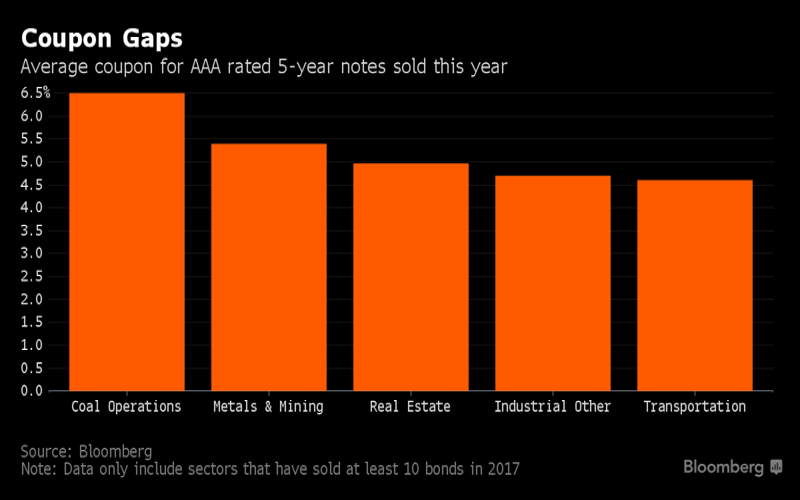

Losses will cause consumption to be diverted into building savings back up, dragging on economic growth and slowing down the pivot towards a consumption-based economy Xi is aiming for. On Thursday, three days after a deadline passed leaving bondholders with nothing but silence from the company, a major credit ratings firm declared that Evergrande was in default. 80% of Chinese household wealth is held in the real estate sector. Whether this hard line policy can work in the long term is another question. between october and december 2020, three companies were involved in high-profile, unexpected bond defaults in mainland china: yongcheng coal and electricity, a state-owned energy company that defaulted on a cny1-billion (usd152. This means not allowing the real estate sector to resolve this problem by taking on even more debt, and if that means defaults and lower growth, so be it. party congress in the second half of next year. Xi wants to make real economic progress before he is granted a third term at the 20. The government’s “three red lines”, financial ratio tests unveiled in 2020 to constrain property developers, are to be taken seriously. China has long been too reliant on unproductive infrastructure spending particularly in real estate that has resulted in unprofitable developers racking up huge amounts of debt. We think President Xi is serious about economic reform. We haven’t yet seen the kind of major intervention that could stop the rot, such as a cut in bank reserve requirements or an increase in total social financing, China’s key broad measure of credit and liquidity. So far, we’ve seen some small measures intended to increase liquidity at the margin, such as speeding up mortgage referrals, and a loosening of restrictions on use of coal. We think the Chinese government will continue to resist taking the kind of meaningful action that will end the rumours, and we could see more defaults.

Just last week, the Chinese property developer Fantasia missed a 206. These defaults could easily have been prevented: the government has ample means to shore up these companies and reassure investors. Experts say Evergrande's debt problems could affect other property developers in China and might create a new wave of defaults. This has caused several defaults in the sector, and there may be more to come. We believe the problems in the Chinese real estate sector are largely self-inflicted by the authorities, who have allowed financial conditions to tighten to the point that the country ran a balanced budget in the first half of the year. A year or two ago, the idea of a such a large China real estate developer defaulting, with a debt pile of more than $300bn, would have seemed, if not impossible, pretty unlikely. Why isn’t the Chinese government doing more to stop the real estate crisis? Alejandro Arevalo, Head of Emerging Market Debt at Jupiter Asset Management, is sharing his insights.Įvergrande’s fall from grace has been spectacular.


 0 kommentar(er)
0 kommentar(er)
